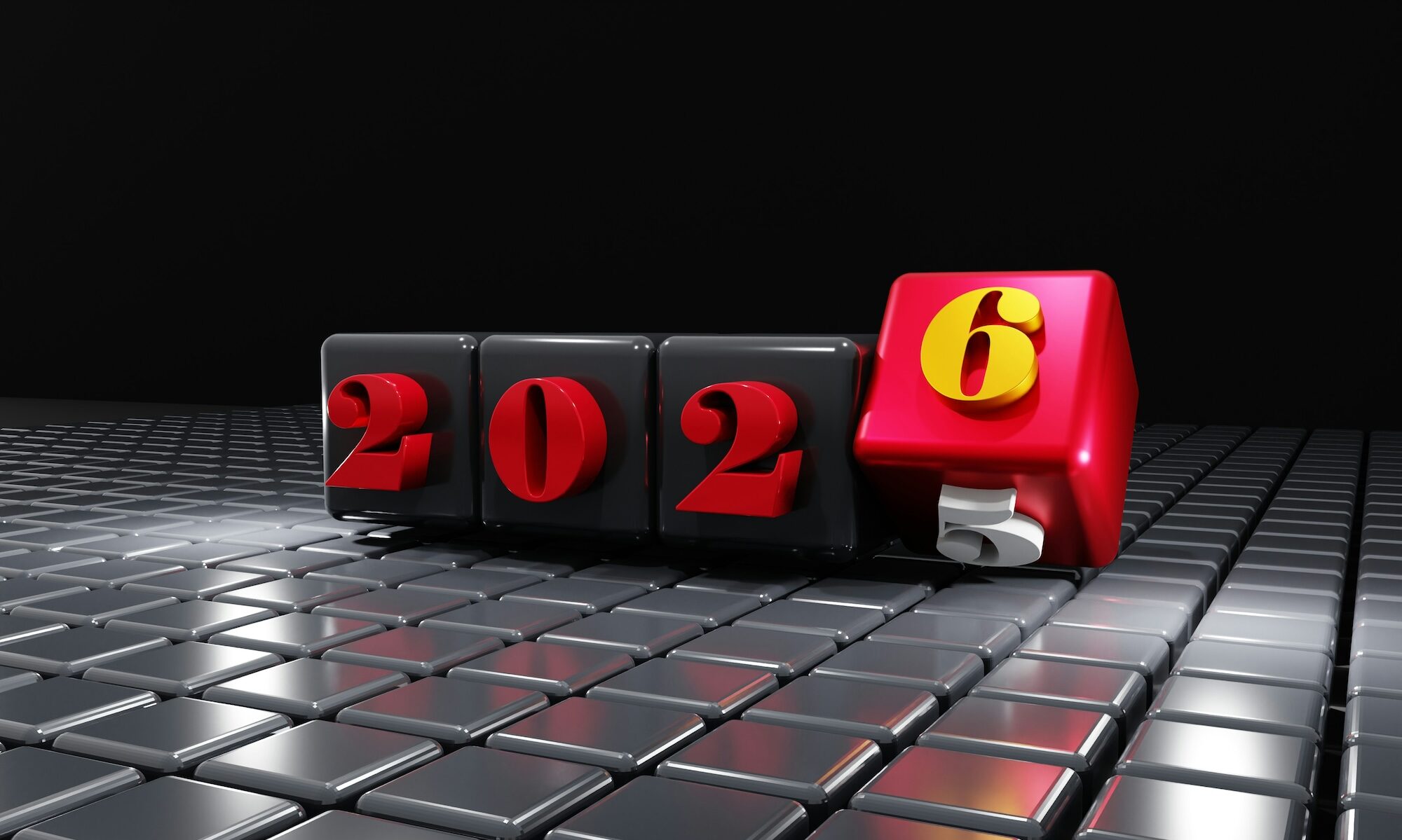Sunday’s top story from the Cincinnati Enquirer was entitled “The Insidious Rise of Rudeness.” The publication reports…
Incivility no longer is just about being annoyed over petulant politicians, road rage, violent behavior at sporting events, intrusive cellphone usage, online abuses or TV shows that move the taste meter ever lower.
In a new Enquirer Poll, more than one in seven Greater Cincinnatians say they had experiences so bad over the past year that they actually ended a friendship.
Nearly 40 percent have encountered incivility in their day-to-day lives, and about one in five has experienced uncivil conduct in the workplace. More than a quarter admit to having been uncivil themselves, either deliberately or unintentionally.
Shocking?
The Intramuralist thinks not.
We live in an age where disrespect is not indigenous to innocence nor ignorance. Many adults intentionally employ incivility as a justified response — typically based upon how they feel…
Such as the football fans in Kansas City who cheered one week ago when their starting (and poor-performing) quarterback lay motionless — with a head injury — on the ground…
Such as the sitting Vice President smirking and laughing at his opponent, Paul Ryan, even when the subject was so serious and sobering…
Such as the honks, hand-motions, and disrespectful comments or calls we each feel justified to make about other people — again, typically based upon how we feel…
What’s the cause, dare we ask?
According to the Enquirer’s poll, 54% of respondents believe politicians or government officials have been a significant cause; over 50% believe the media has played a negative role; 31% include blame for “ordinary people”; approximately 24% suggest young people are also part of the problem; and near 20% believe celebrities have directly triggered the changes in American incivility.
Dare the Intramuralist offer an additional potential cause…
Last week we shared some recent polling results from the Pew Research Center. The article was entitled “Nones on the Rise.” Within the polling data, we shared that now one-in-five adults identify with no religious affiliation. As I believe well stated within our online dialogue, it is true that not all of the kindest, most giving people are found within the stereotypical church walls. Yet there remains a problem.
If our adults and young adults are not in church, where do they learn morals and manners and the rules that are so-called “golden”? Where do they learn about forgiveness and grace and the unconditional love we are to offer one another? Can we assume that all parents will be teaching that love? Or do morals and manners and all else that is good simply change with the times, allowing for emotional responses that are seemingly more justified in the moment?
… responses such as incivility…
I wonder. I wonder if the insidious rise of rudeness has any correlation with the diminishing respect for religion. Too much incivility is somehow seemingly justified… justified by far too many, otherwise intelligent people.
Respectfully,
AR
